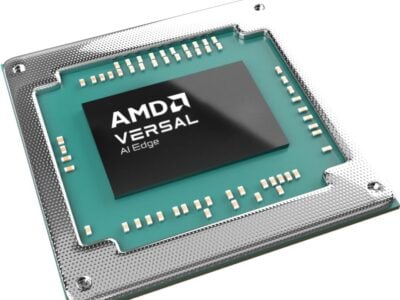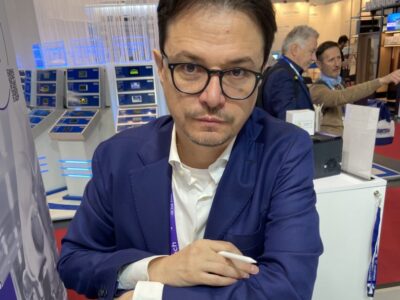
Apple and Ericsson fight over LTE patents as IEEE looks to change wireless IP rules
That debate has raged for decades, notably in the wide-ranging wireless sector, bringing many a fruitful pay day to patent lawyers and exasperating some of the best judges as they grapple with issues such as open sourcing and patent pooling.
The latest high profile spat pits Ericsson and Apple who are sometimes FRAND (fair, reasonable, and non-discriminatory) or foe, who last month started counter-suing each other in different US courts, having failed over the past two years to settle their dispute over the size of royalties Apple should be paying for Ericsson-owned intellectual property rights (IPR) related to LTE standards.
The dispute is likely to be a long, drawn-out affair, as these usually are.
In the meantime, a lower-profile but more important debate rages that may have long term impact on how the industry copes with patent licensing: namely, the influential Institute of Electrical and Electronics Engineers (IEEE) is weighing changes that could significantly reduce royalty fees paid by makers of electronics gear.
The crux of the debate, that pits the biggest names in the semiconductors and consumer electronics OEMs, has focused on IPR related to Wi-Fi, but in fact is likely to have a major ripple effect in a range of technologies, not least the often bizarre rules governing patents related to cellular communications which generally come under the umbrella of the 3GPP standards setting organization.
The IEEE’s Standards Association late last year put out its proposals, which earlier this month got a huge boost from the US Department of Justice, who ruled, in a Business Review Letter that they did not violate antitrust laws. Indeed the DoJ suggested they might even “have the potential to benefit competition.”
The likes of Qualcomm and Ericsson were not best pleased, hardly surprising as they could lose billions of dollars in revenues from the huge investments they put into developing and patenting technologies. Expect a furor when the IEEE-SA outlines its final proposals, likely as soon as later this month. And expect another blog on the matter from this correspondent once we know more.
But to return to the Apple — Ericsson imbroglio. One of the common facts driving these seemingly disparate issues — and one that the IEEE-SA will likely address — is that, even though the industry has been living with the FRAND concept for a long time, there is no, clearly defined rule as to how to value in cash terms standards-essential patents (SEP).
Apple got its suit in first, in a North California Federal Court, claiming the Swedish group is claiming way too much in royalties, based on a percentage of the price of the smartphone or tablet rather than the actual value of the processor. And, just to stress the point, Apple claims that, in any case, “Ericsson’s patents are not essential to LTE standards.”
It said it had been forced to ask a court to decide whether the terms are fair, a long-standing deal between the two having lapsed and after two years of fruitless negotiations over what constitutes FRANDly terms.
A day later, Ericsson went to United States District Court in Texas, a favored location for such disputes and, purely coincidentally, the State where it happens to have its headquarters, asking that court to rule on pretty much the same issue.
Both, of course, suggest they would like to reach a mutually beneficial resolution. As Kasim Alfalahi, chief Intellectual Property officer at Ericsson would have it, Apple has been a valued partner for years “and we hope to continue that partnership.” But he then pulls no punches by stressing the price of the chip set has nothing to do with the value the technology brings to the end user.
Ericsson has patent licensing deals with most of the world’s makers of smartphones, and since it has ceased making devices of its own, relies hugely on the royalty streams it can squeeze out of all the existing manufacturers. “We believe it is reasonable to get fair compensation from companies benefitting from the developments we have made over the course of the last 30 years,” stresses Alfalahi.
There is that ‘fair’ word again.
But was it fair of Ericsson, in the background segment of its lawsuit, to belittle Apple’s current leading position in smartphones by implying that the company does not contribute enough to the creation of the sector and merely takes advantage of the essential patents created by others.
Here is just one snippet. “In the telecommunications industry, global standards are fundamental to ubiquitous connectivity and enable any company — even a company like Apple with no history in the wireless industry — to enter the market and sell smartphones?
Related articles
Seven communications technologies to watch in 2015
LTE and LTE-Advanced infrastructure a $33 billion opportunity
5G: looking for the next generation wireless infrastructure
Qualcomm settles monopoly charges with Chinese regulator, fined $975 million
USA cashes in on spectrum auction
 If you enjoyed this article, you will like the following ones: don't miss them by subscribing to :
eeNews on Google News
If you enjoyed this article, you will like the following ones: don't miss them by subscribing to :
eeNews on Google News




